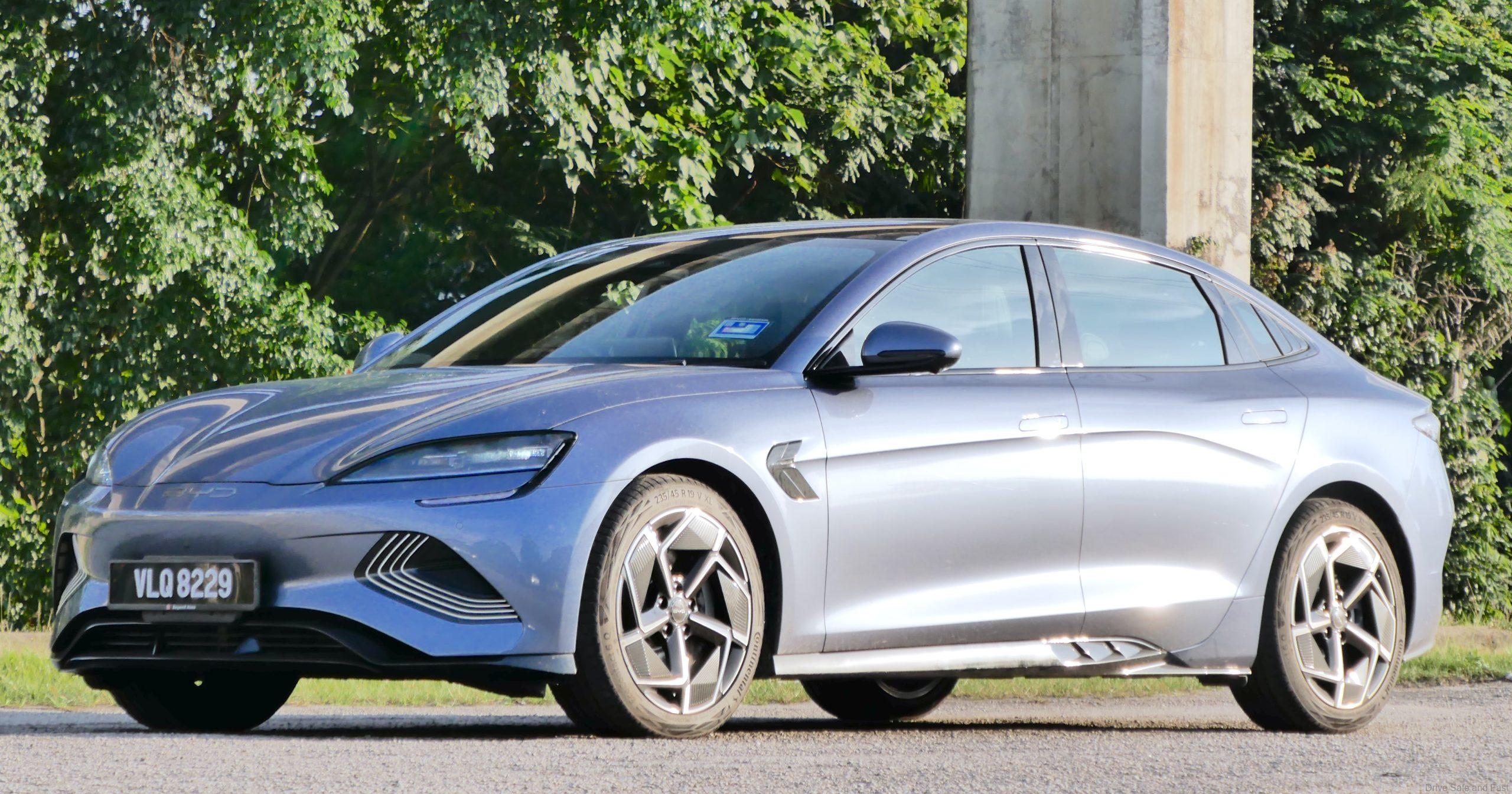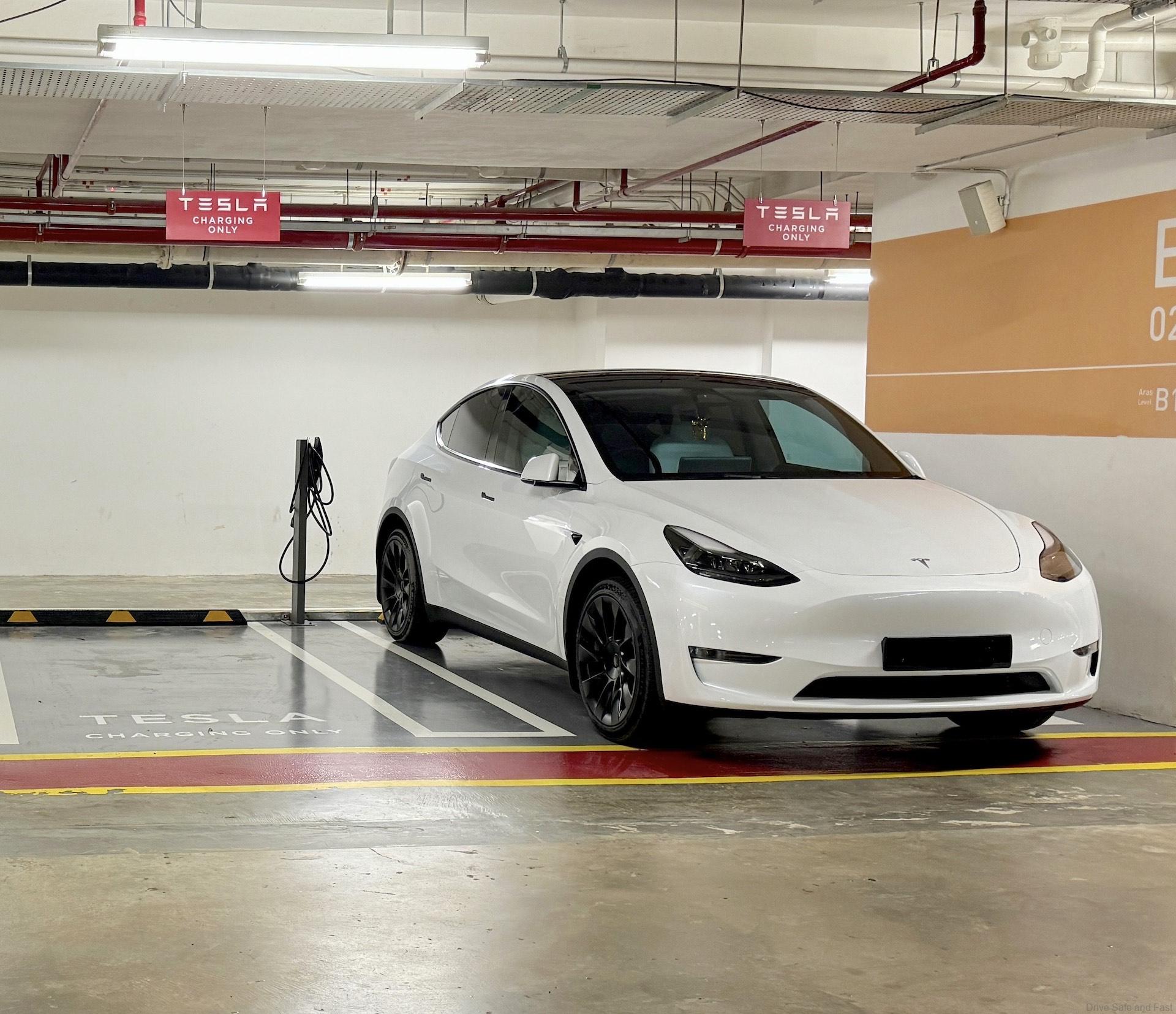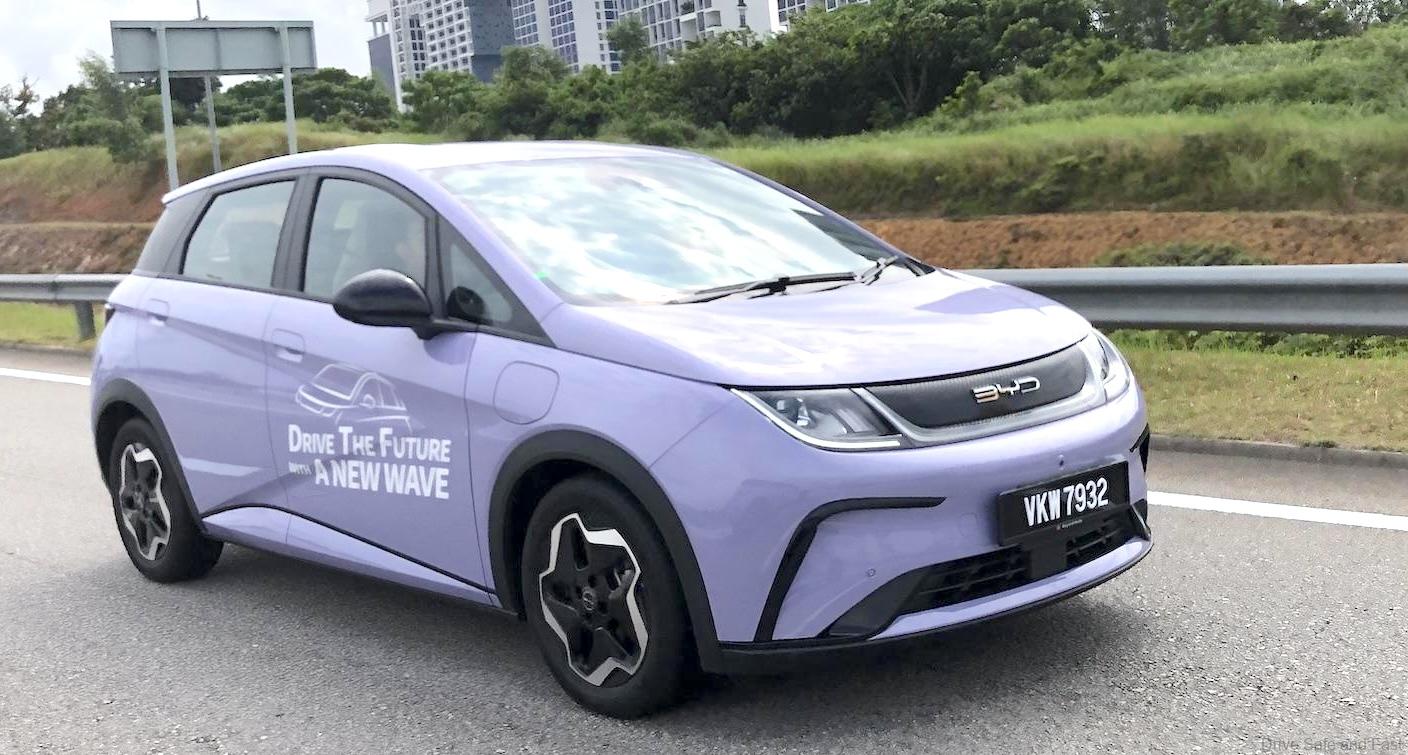See how much more Chinese made EVs will cost in the EU now with these tariffs
The decision announced on Thursday introduces differentiated duties on imported electric vehicles (EVs) from China, in addition to the existing 10 percent rate has been confirmed. These duties vary based on factors such as the parent company, annual turnover, and suspected amount of subsidies received by the manufacturers. Here are the numbers.

According to these new measures, BYD will face a duty of 17.4 percent, Geely will face 19.9 percent, SAIC will face a significant 37.6 percent duty, other BEV producers in China that cooperated in the investigation but were not individually sampled, including Tesla and BMW, will see a duty of 20.8 percent, while other BEV producers in China that did not cooperate will also face a 37.6 percent duty.
Moreover, these measures will initially be provisional, meaning they will be implemented pending a final decision in four months. During this period, customs authorities will request bank guarantees from Chinese exporters instead of immediate cash payments, which may delay the impact on end customers.

The decision will undergo a political process within the European Union (EU), starting with a non-binding vote among member states in two weeks. A qualified majority against the proposal from 15 member states representing 65 percent of the bloc’s population could block the tariffs.
On top of that, Germany and Hungary, with strong economic ties to China, are expected to oppose the tariffs. The German Association of the Automotive Industry (VDA) has expressed concerns that tariffs could harm competitiveness and joint ventures like those between Volkswagen and SAIC.

In contrast, France and Italy support the tariffs, setting the stage for a contentious political debate leading up to the November vote. Meanwhile, discussions between Brussels and Beijing continue at both political and technical levels to potentially find a resolution that could prevent the permanent imposition of tariffs.
China has expressed hopes for an agreement with the EU to avoid the escalation of trade tensions. The EU’s announcement in mid-June highlighted the possibility of definitive measures if negotiations with China do not progress favourably. This escalation could see additional duties on imported Chinese EVs taking effect four months after the announcement date.

As both sides prepare for potentially prolonged negotiations and political manoeuvring, the outcome remains uncertain, with significant economic and diplomatic stakes in play. Let’s see how China overcomes this.



